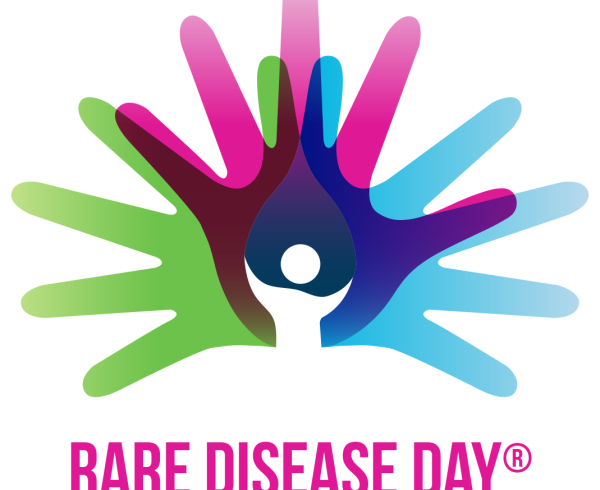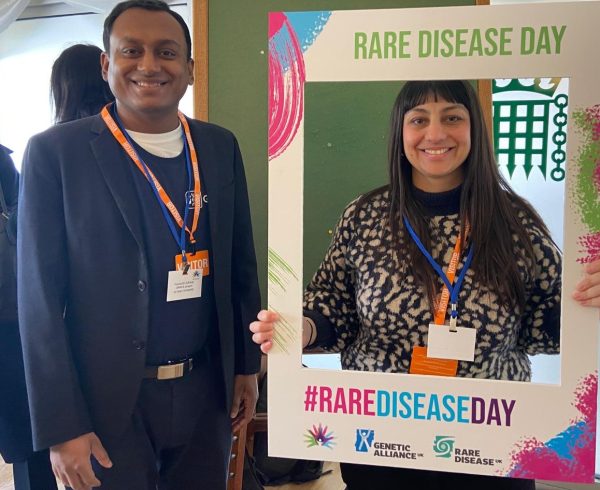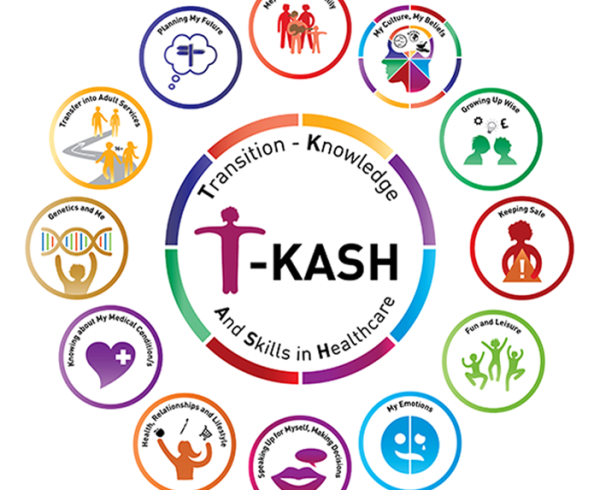National Genomic Healthcare Strategy published
The Government has launched the new National Genomic Healthcare Strategy – “Genome UK: the future of healthcare” which sets out how the genomics community will come together to harness the latest advances in genetic and genomic science, research, and technology to create the most advanced genomic healthcare system in the world. The Strategy is aimed at driving improvements in healthcare for patients, reducing boundaries between clinical care and research, and continuing to deliver innovative new research projects in the UK, uniting the genomics community behind a shared vision for the future of the system.
The strategy is focussed on three key pillars:
1) Diagnosis and personalised medicine: using genomic technologies to identify the genetic causes of rare diseases, infectious diseases, and cancer and provide personalised treatments to illnesses
2) Prevention: using genomics to accurately predict the risk of chronic diseases, by introducing national screening programmes to identify at-risk populations, including more vulnerable populations and those in harder to reach groups to allow earlier clinical and lifestyle interventions
3) Research: how genomics can enable more efficient and improved collaboration between researchers and clinicians, ensuring responsible use of personal data for patient benefit
Alongside these three pillars, the Strategy focuses on five cross-cutting themes:
- Supporting industrial growth in the UK, facilitating entrepreneurship and innovation for projects and companies of all sizes, through common standards, funding, procurement, and R&D structures
- Delivering nationally coordinated approaches to data and analytics. This will enable healthcare professionals and approved researchers to easily access and interpret our world-leading genomic datasets
- Engagement and dialogue with the public, patients and healthcare workforce, placing the patient and the diverse UK population at the heart of this journey
- Workforce development and engagement with genomics through training, education and new standards of care
- Maintaining trust through strong ethical frameworks, data security, robust technical infrastructure and appropriate regulation
More specifically the Strategy:
Highlights how the government will incorporate the latest genomics advances into routine healthcare to improve the diagnosis, stratification and treatment of rare and inherited diseases by aiming to:
- continue to increase the diagnostics rate from genomic testing and explore opportunities for re-analysis of genomic databases where we have increased our understanding over time
- offer all patients with a rare genetic disorder a definitive molecular diagnosis using tests that will support research into their condition wherever possible
- continue to reduce the time people wait for a rare disease diagnosis
- make it easier for researchers to feedback findings that are relevant to a patient’s care, in a way which protects privacy and maintains trust
- make it easier for patients with rare diseases to be enrolled in specialist clinical trials working in their disease area
Clarifies how the government plans to support opportunities to participate in clinical research by ensuring that there are streamlined pathways for contacting patients who want to participate in research, delivered through exemplars such the NIHR Bioresource, Be Part of Research, and the NIHR Clinical Research Networks and their counterparts in the devolved nations
Confirms that the NHS Genomic Medicine Service (GMS) will sequence 500,000 whole genomes by 2023/24 which will contribute towards the Government’s broader aims to reach five million genomic tests and analyses
Discusses how the Accelerating Detection of Disease (ADD) challenge will recruit up to 5 million diverse participants to provide an unprecedented research resource by generating evidence that will help understand the impact of giving people personalised health and risk information, and contributing to decisions on whether and how polygenic risk scores (PRS) should be implemented at scale in the health service and provide a basis for future screening decisions
Explains how the government aims to use genomics to enable the most effective provision of therapies, through pharmacogenomics, so that patients get the treatments and advice that work for them, including tailoring drug treatments
Government’s next steps
The Government has also announced that following the publication of the Strategy, it will work across the genomics community to develop and publish a plan for implementation.
You can read the full document HERE







Leave a Comment